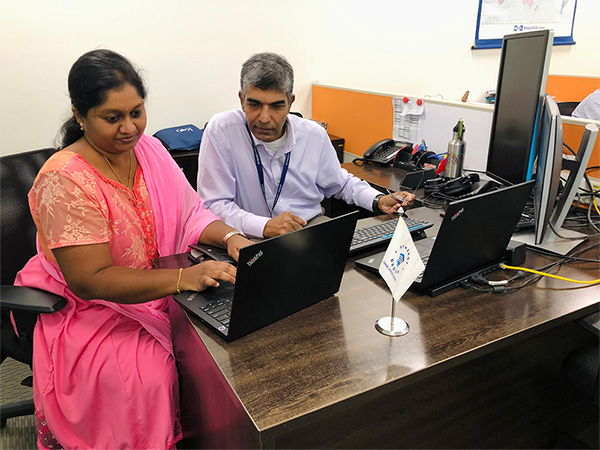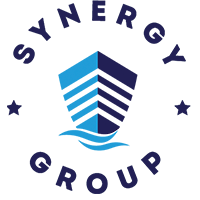We have always had people who took roles upon themselves as guides, protectors, supporters, friends, family members, and teachers among others. However, there is one more role people have silently taken upon themselves, to co-exist professionally and we seldom speak about them. They are our mentors.
Throughout my career at sea and ashore, as a woman I was often the first such to be placed in a variety of locations and situations. The men around me were quite literally all in the same boat – they had never before met an Indian woman seafarer. Maybe a few had seen or heard of us, from other countries, but the sheer novelty of the situation did not prevent them from mentoring me in the very best ways possible.
Right from the start, instead of any notion of making me stand out, they treated me like one of them – a team member. I was never, ever looked down on as a woman in a male-dominated industry. Safety, professionalism and work quality were always at the top of the priority list and accepted as the only benchmarks of performance. Once I moved to shore roles, there came new responsibilities, including the opportunity to serve a whole fleet of ships and colleagues. I was once again the first lady seafarer in the office, which was teeming with former masters and chief engineers, non-seafarers and also other women – it was a wholly new and eye-opening experience for me.
Preparation began with acquiring an understanding of the systems and manuals. My mentors ashore, Capt. Ravinder Singh Kohli and Capt. Somasekhar Chandrasekar, helped me find my way in this new environment, and instilled in me the necessary patience in finding results, rather than being in a hurry. A significant amount of time was spent training me on where I should focus my attention and how best to seek information, beginning with drafting my first email for a fleet alert. I stumbled, and burned my fingers at times, and felt unable to proceed, but my mentors guided me on how to make decisions based on proper research, discussion with experts or people who have made similar efforts to learn the subject, and also information from standard publications, rather than waiting for someone else’s instruction. I slowly learnt the skills required, and also to take on the responsibility for assignments that would benefit my team.

On the occasion of each new task, it was always reassuring to hear kind words from my mentors, conveying trust and belief. I no longer have the slightest concern about my ability to accomplish the assignments, as my attention moved to producing quality work and appreciating the knowledge gained and the experience it brought. It was also comforting to know that my mentors were only a phone call away. If there were setbacks, they stood by me and urged me on, never allowing me to become mired in self-doubt. They would create a buzz and become my goodwill ambassadors for every mini breakthrough or small success. Needless I hope to say, all that did wonders for my confidence.
Synergy operates an open office policy, which means that top management and other senior people do not have dedicated rooms. Thus, we stand true to the meaning of an open culture, and to the mission and goals of the company. I can communicate with anyone on my team, as well as those in other teams, including people in other offices, and on some topics have interacted directly with company directors and even the CEO. All heard me, intently and without hesitation, and then patiently answered and guided me.
My mentors are always receptive to new ideas. They hear me out and provide advice in the best interests of the organisation. They also insist that I spend quality time with my family, so as to achieve the ideal work-life balance. As the number of mentors at Synergy is increasing daily, so too is the number of women, both at sea and ashore. Although mentorship is an abstract concept, there is no doubt that it has the potential to propel our industry, our vessels and our seafarers to new heights.
And just as we gain and learn from our mentors, we can carry forward these efforts in our organisation and accept novice and expert with open mind and treat all equally. We should not only proactively seek to dispense our knowledge and skills to the younger generation, but we should also learn from them, and update our own perspectives. Thus we have reciprocal and collaborative effort in the best interests of the organisation.
Let us communicate, encourage, listen, guide, practise empathy, become positive role models and keep learning from all alike or give up our quest for knowledge, and hopefully pass all of this on to our newcomers.
My mentors taught me that, too.
 Nandaleela G – Assistant Manager, Marine (Tanker Operations)
Nandaleela G – Assistant Manager, Marine (Tanker Operations)



